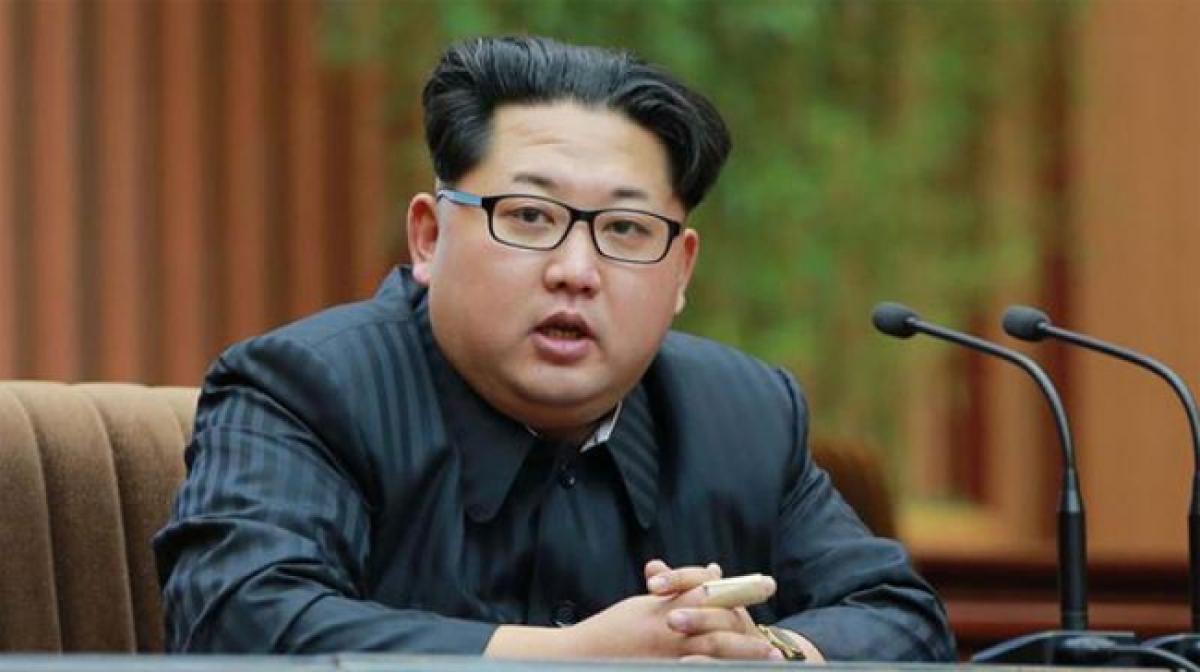Live
- Kerala Hindu leader gifts Rig Veda to Pope Francis
- 35 miners trapped under rubble in Afghanistan
- Lavanya Tripathi's Birthday Gift: Title Announcement of Her New Film ‘Sathi Leelavathi’
- Kerala Hindu leader gifts Rig Veda to Pope Francis
- OakTree School Celebrates Eight Years of Success, Announces Future Expansion
- Why plant-based milks may not be healthy
- Jharkhand: Ayushman Bharat cards in demand, Sahebganj residents rush to the centre
- Supreme Court likely to pass directions on implementation of policy to curb air pollution in Delhi-NCR tomorrow
- The first day of Group-2 Paper 1, 2 exams in Wanaparthy district ended peacefully, said Additional Collector Revenue G. Venkateswarlu
- VP Dhankhar urges corporates to invest in education









